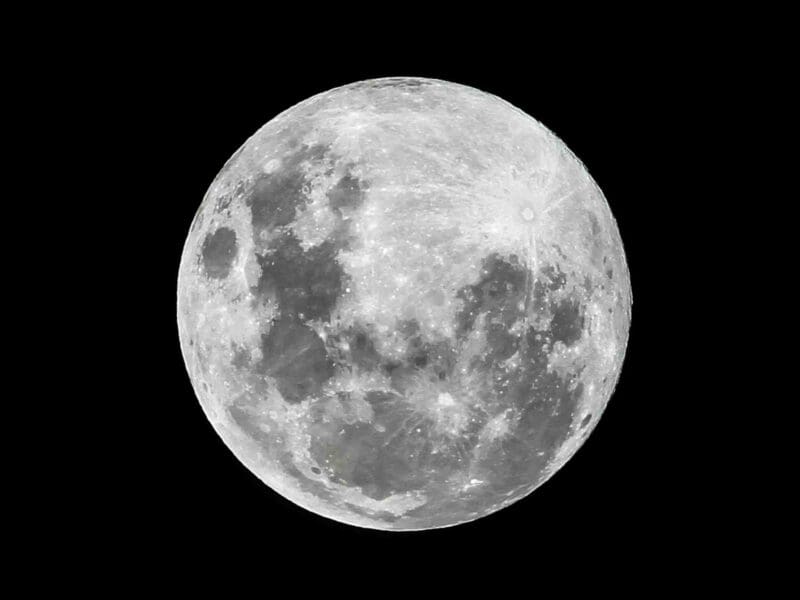
Is today’s rocket launch really a slap in the face to NASA?
As Jeff Bezos calls today’s rocket launch a success, many wonder about the fate of NASA in the face of billionaires paying their way towards space. Amazon’s CEO Jeff Bezos and Tesla’s CEO Elon Musk have both used their billion-dollar net worth to create their own space exploration programs. However, NASA continues its struggle to find resources for its own research & projects.
Compared to other government agencies, NASA’s budget is severely underfunded. According to statistics, NASA receives 0.5% of the $4.8 trillion 2021 federal budget. As today’s rocket launch marks the progression of billionaires in space, let’s review how exactly NASA benefits our country, yet fails to receive the necessary resources.
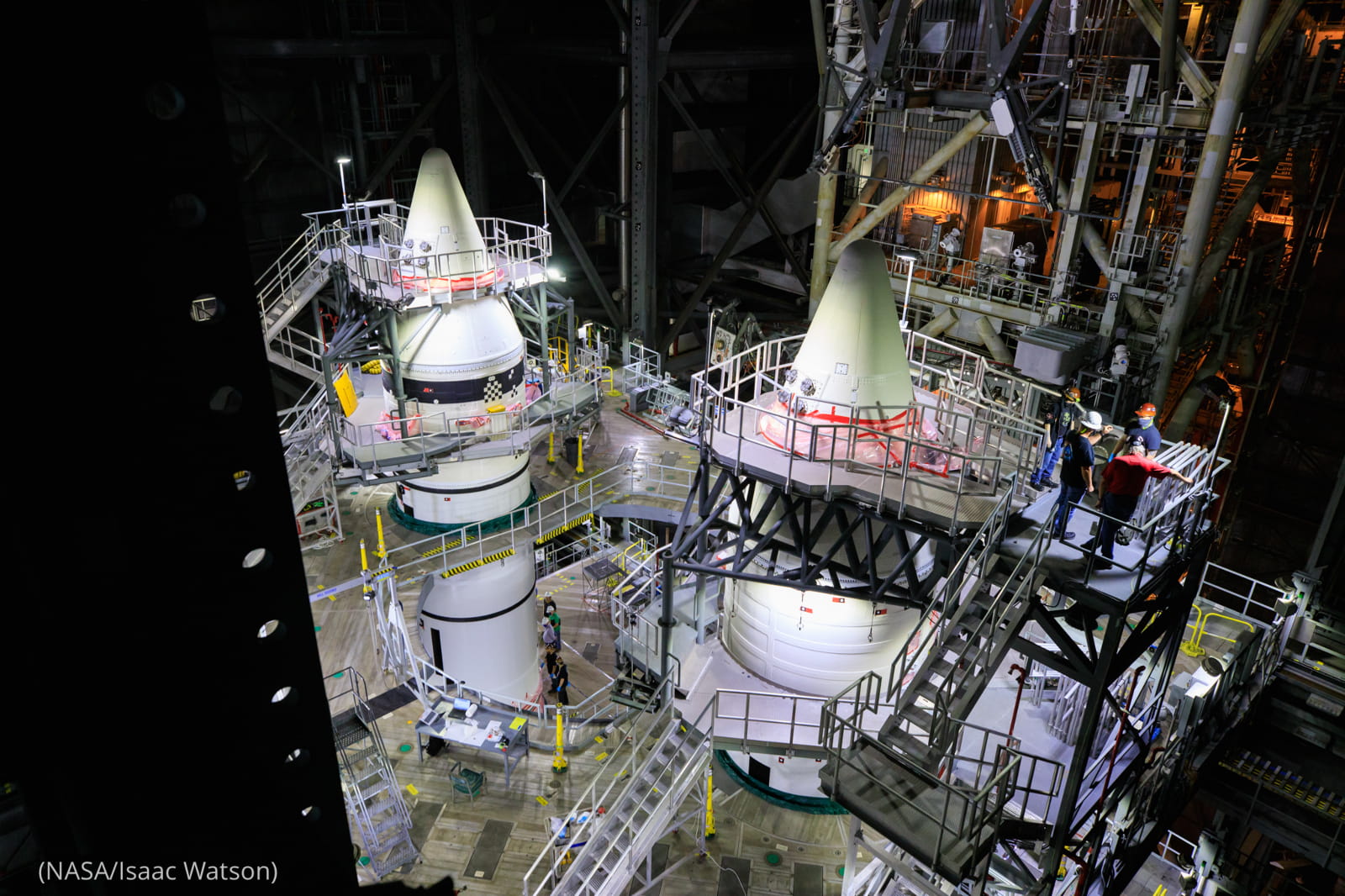
NASA’s contribution to the U.S. economy
It’s been reported that each dollar of NASA’s budget has a positive impact on the U.S. economy. NASA’s technological advancements & improvements have contributed not just within the area of space exploration but also within the scope of our daily lives.
Due to NASA’s partnership with multiple private industries, their research has resulted in numerous products & services that benefit the world. This would include kidney dialysis machines, CAT scanners, and even freeze-dried fruit.
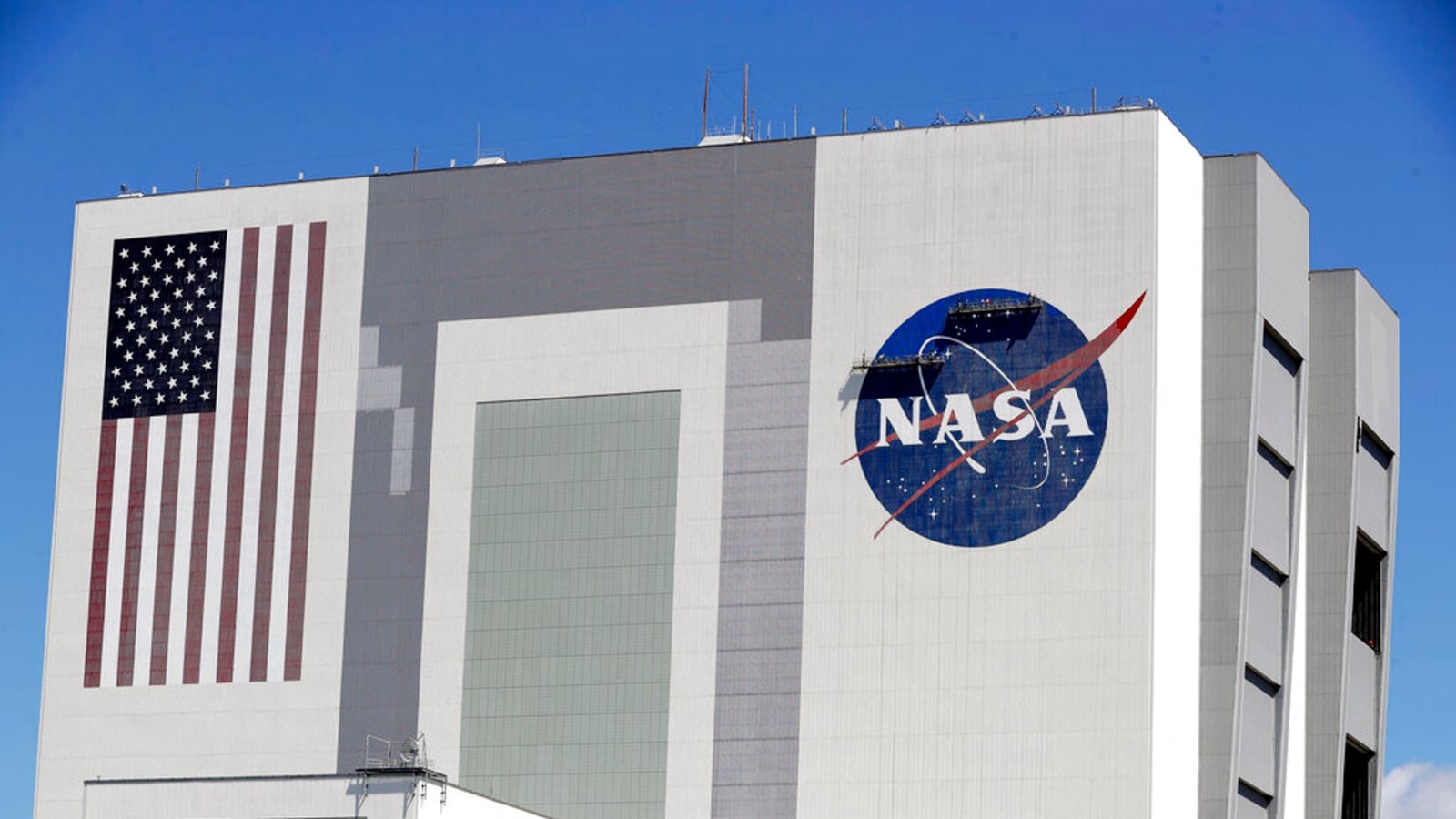
The Space Foundation has reported that space-related activities contributed $180 billion to the economy in 2005. This million-dollar contribution is more than eight times NASA’s own budget. Reports reveal that more than 60% of this economic boost was due to commercial goods & services created by companies utilizing space technology.
It has also been revealed that from 1976 through 2019, NASA has been responsible for creating more than 2,000 inventions that later became products or services. Thus, it has officially been declared that for every one dollar NASA spends, they contribute eight dollars to the U.S. economy.
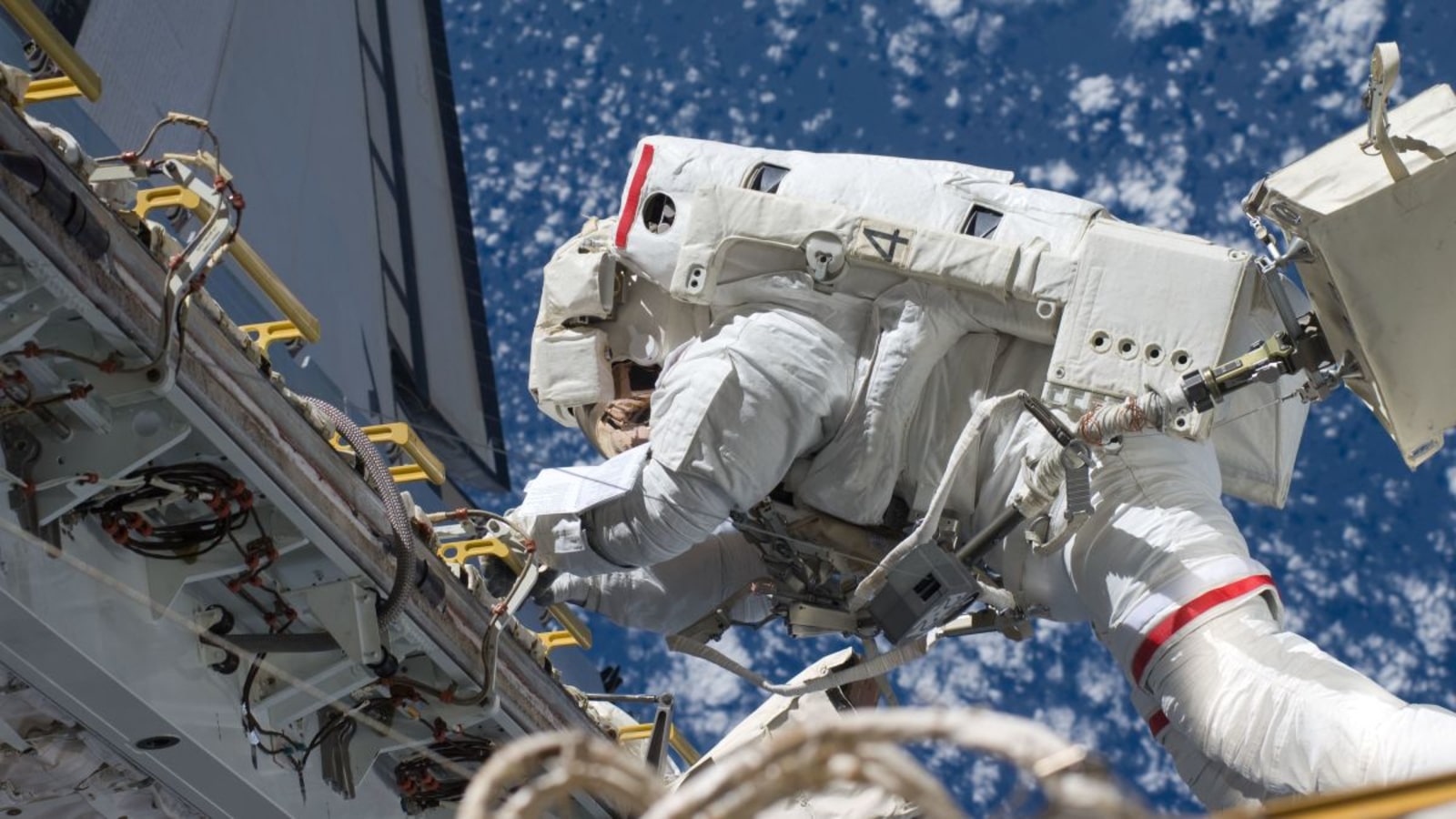
NASA’s budget in comparison to other government departments
In 2021, the federal budget was stated to be at a whopping $4.8 trillion. NASA receives only 0.5% of that trillion-dollar budget. In comparison, the Department of Defense has a budget of $636.4 billion which is 13% of the total federal budget.
There are six other federal departments that receive more funding than NASA including Health and Human Services ($96.4 billion), Veterans Administration ($105 billion), Education ($66.6 billion), Homeland Security ($49.7 billion), Housing and Urban Development ($47.9 billion), and the State Department ($44.1 billion).
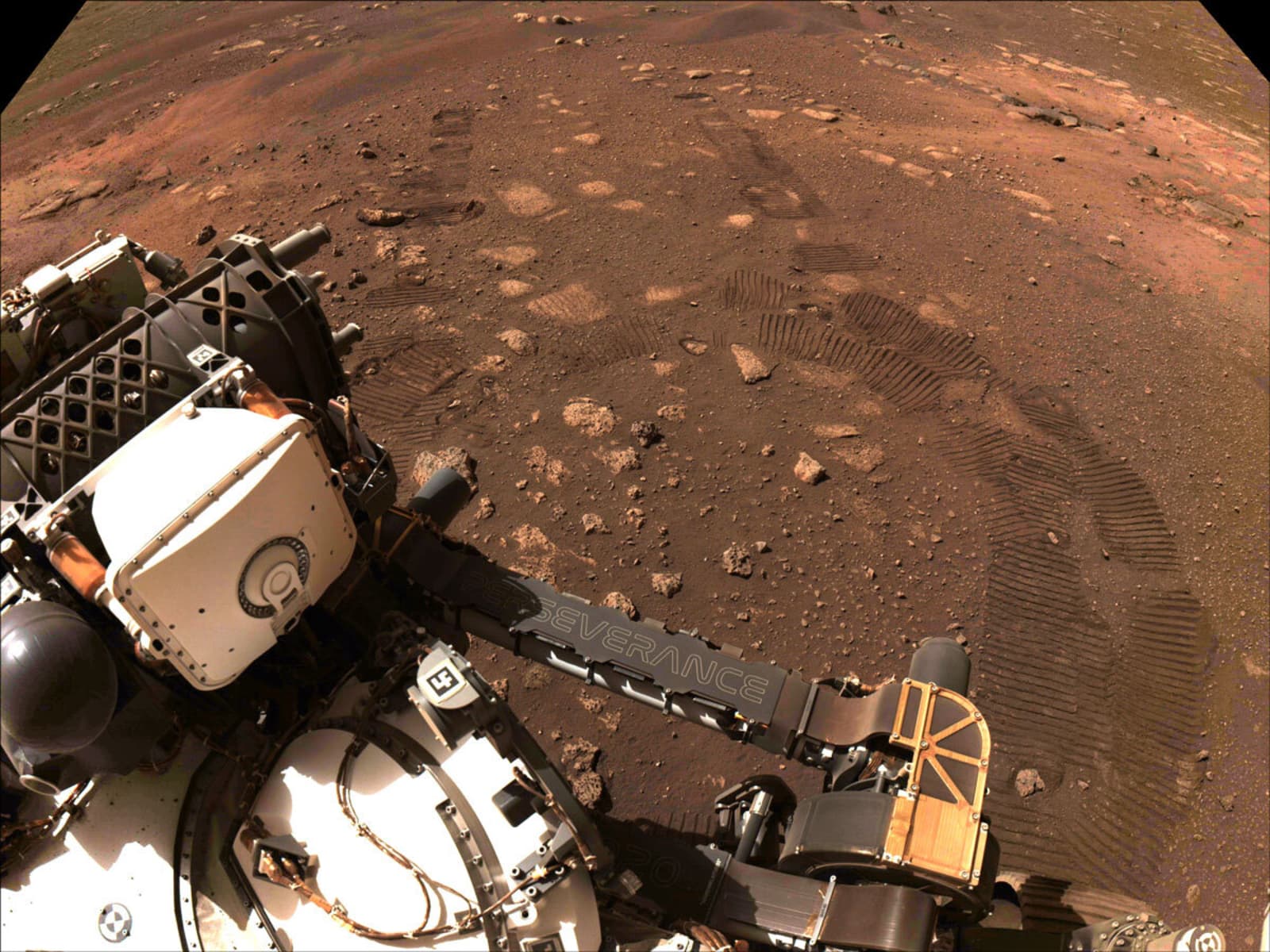
NASA’s failed projects due to underfunding
In 2016, Astronaut Scott Kelly reported from the International Space Station the need for the U.S. government’s financial supports. Kelly said, “I would like the next president to support a budget that allows us to accomplish the mission that we are asked to perform, whatever that mission may be.”
NASA’s budget relies on how much the current President allocates and then how much Congress actually decides to approve. Due to this variation in sums, long-term planning is difficult when you’re unaware of your potential budget.
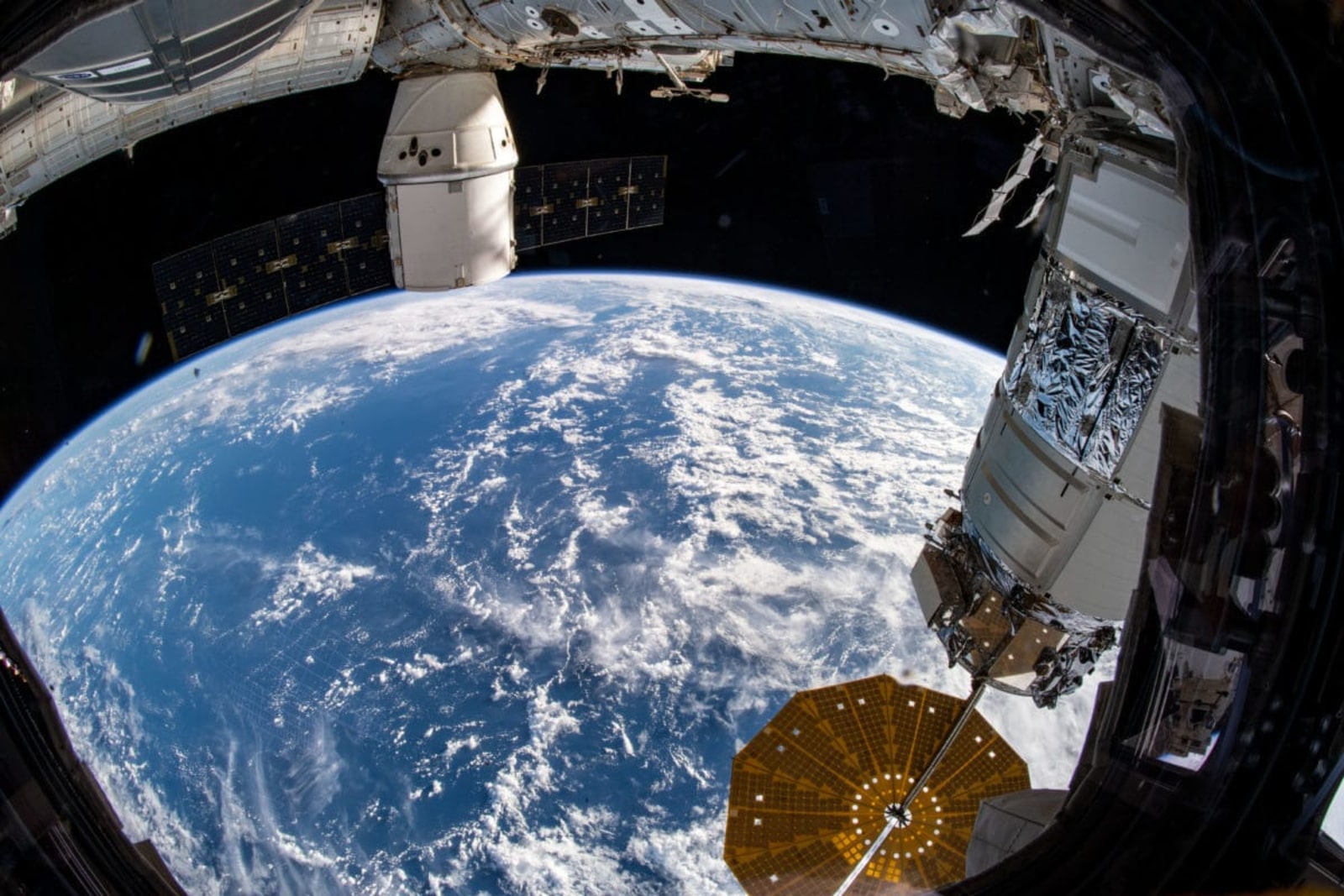
Unfortunately, NASA’s space exploration programs entail missions that take years and require plenty of long-term planning. Due to lack of required funding and planning mishaps, NASA’s Mars projects had fallen behind.
Additionally, in 2020, NASA had to shut down its Constellation program which was a rocket program working to return to the moon. It has been reported that between the 1990s and 2012, over $20 billion has been wasted on canceled NASA projects because of a lack of funding.
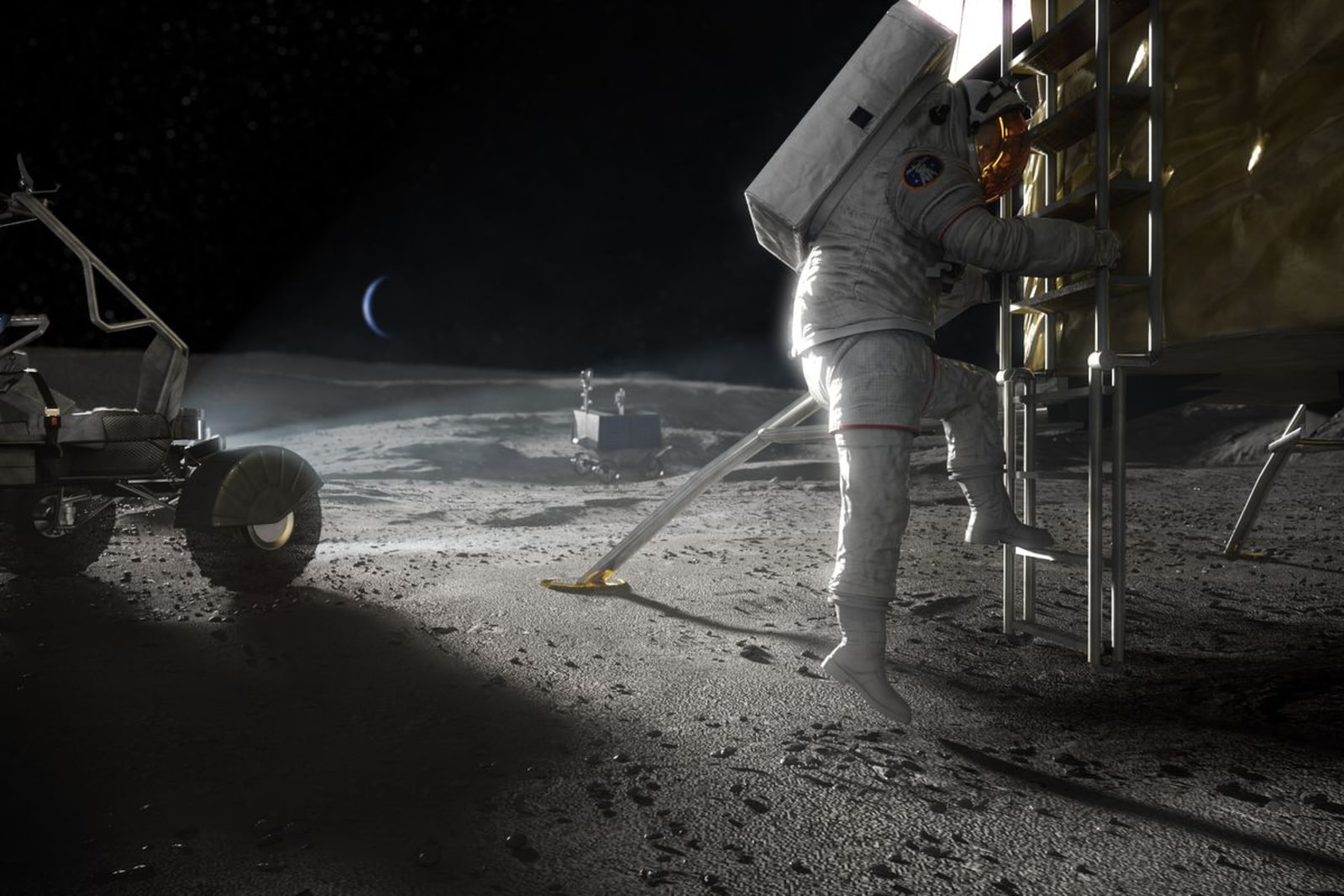
NASA’s current goals
NASA has made it clear that they are prioritizing American astronauts’ return to the moon by 2024. By 2028, they plan to establish a sustainable presence on the moon which would be used as a launchpad to explore Mars.
NASA’s required budget for this project includes $3.4 billion to develop landing systems and $700 million to support lunar surface activities. Additionally, NASA will direct $233 million for robotic precursor missions to Mars. It’s evident that NASA needs all the funding it can get to continue its mission to further space exploration.
—
What do you think about today’s rocket launch? Do you believe today’s rocket launch is detrimental to the progression of NASA? Let us know in the comments below!





